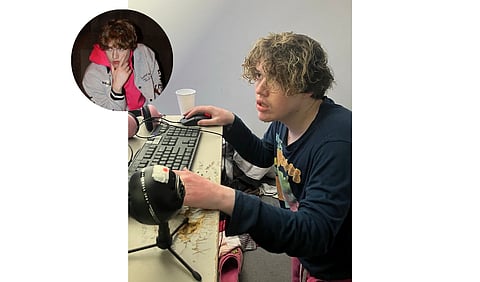Recovery from sleep deprivation could be a solid overnight sleep being enough for some but for others, it can take days or weeks too. However, studies have shown that recovery sleep often doesn’t reverse the metabolic changes that can cause weight gain and a decrease in insulin sensitivity, even from relatively short periods of sleep deprivation. Night shift workers typically average one-to-four hours’ less sleep per day than people whose work time falls within daylight hours – and this can increase their risk of early death.
Apart from the short-term symptoms and effects on our bodily systems, we must have a long-fetched perspective on our health. Every adult should aim for a quality sleep of seven to nine hours each night. Our health is the most precious possession we own. Your body will definitely be grateful to you in the long term, for every good night's sleep than for following such dangerous social media challenges.
Reference:
1) Taylor, A. (n.d.). No-sleep challenge: the dangers of sleep deprivation. The Conversation. https://theconversation.com/no-sleep-challenge-the-dangers-of-sleep-deprivation-236608
2) TOI World Desk. (2024, August 12). “Stunt gone too far”: Youtuber Norme goes 12 days straight without sleep on livestream. The Times of India. https://timesofindia.indiatimes.com/world/rest-of-world/stunt-gone-too-far-youtuber-goes-12-days-straight-without-sleep-on-livestream/articleshow/112456167.cms
3) Sleep tips: 6 steps to better sleep. (2022, May 7). Mayo Clinic. https://www.mayoclinic.org/healthy-lifestyle/adult-health/in-depth/sleep/art-20048379#:~:text=Stick%20to%20a%20sleep%20schedule,time%20every%20day%2C%20including%20weekends.
(Rehash/Dr. Shreya Dave/MSM)


